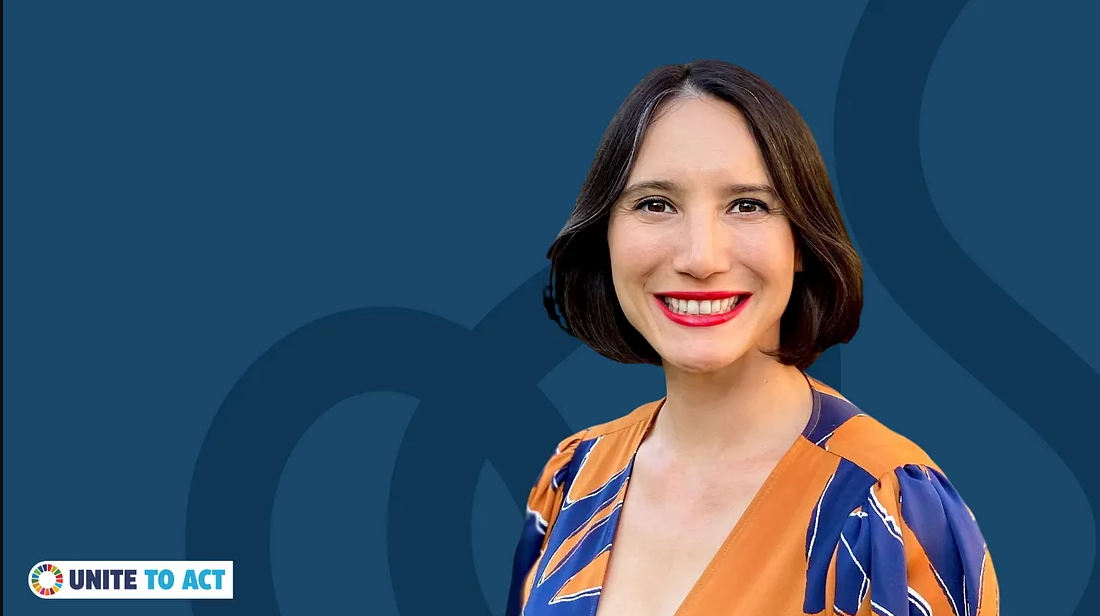By pioneering sustainable transformation in the outdoor advertising industry, Lénaïc Pineau and JCDecaux, an official partner of the UN Joint SDG Fund, are dedicated to making cities more inclusive and sustainable, and fostering a shift towards a more sustainable lifestyle and culture.

Lénaïc Pineau — Director of Sustainable Development and Quality at JCDecaux
The worlds of advertising and sustainable development are rarely spoken in the same sentence. But that is something JCDecaux, one of the biggest outdoor advertising companies worldwide, is striving to change. As a company connecting clients with more than 850 million people around the world each day, JCDecaux is increasingly placing social and environmental action at the heart of its communications solutions through a sustained focus on working towards SDG 11: Sustainable Cities and Communities and through key partnerships supporting the Sustainable Development Goals, such as that with the UN Joint SDG Fund.
At the forefront of the company’s mission is Head of Sustainable Development and Quality, Lénaïc Pineau. Concerned by and committed to a more sustainable future, she is driven by her desire to decipher tomorrow’s new trends in order to nurture corporate vision, to accelerate change and the transformation of companies towards more sustainable models.
Lénaïc Pineau“We are able to reduce up to 69% of our carbon emissions through our refurbished bus shelters, as compared with manufacturing new ones,” says Ms. Pineau. “Cities need to systemically impose sustainable development, to include environmental evaluations in the choices made in their procurement, their transportation and waste management.”
Director of Sustainable Development and Quality at JCDecaux
We spoke with Lénaïc Pineau to explore how JCDecaux unites to address the ongoing challenges to achieve the SDGs and why a shift in urban lifestyle and culture is ultimately required from all:

JCDecaux, the UN Joint SDG Fund, and the UN SDG Action Campaign partnered in New York during the SDG Summit 2023.
Building a sustainable future for all means taking action today and flipping the current global narrative on everything from climate change and gender inequality to food insecurity. Zooming in on the Global Goals, what challenge speaks to you the most and how are you and your organization uniting to act for the SDGs?
As the world’s largest out-of-home media company with a network of more than one million display panels across, more than 850 million eyeballs daily in more than 80 countries, JCDecaux practices and promotes responsible outdoor advertising and supports Major Causes with associations and NGOs campaigns that promote SDGs.
The Company practices focus on SDG no.11: “Making cities inclusive, safe, resilient and sustainable” by designing street furniture that is useful, innovative, accessible to all, comfortable, safe and sustainable. Our high-quality products guarantee quality of service for extremely long timeframes and are renovated on site to extend their lifespan. Our shelters and self-service bicycles increase eco-mobility with the use of public transport and bicycles in the city. We also support the press, the plurality of information and culture, thanks to our kiosks and street furniture used for cultural displays.
This year marks the half-way point to Agenda 2030 and yet indicators show that progress on the SDGs is lagging. Only about 12% of the Goals are currently on track while close to 50% are moderately or severely off track. What do you want to see happen right now in your sector that can contribute to inverting this negative trend and putting us back on the right path?
ESG is now at the heart of our industry, every aspect of our ecosystem is changing. Airports, cities and brands are becoming more committed, and many governments have established important environmental targets. To reach those goals, however, a shift in lifestyle and culture is required — that needs to begin in cities. Public procurements are powerful levers to accelerate the transformation towards sustainability. We are witnessing a real shift, indeed, in 2022 61% of tenders, included corporate assessed environmental criteria, but it is still too slow! We need a real convergence of financial and non-financial criteria in tenders. Cities need to systemically impose sustainable development, to include environmental evaluations in the choices made in their procurement, their transportation, waste management (just to name a few). We want to go further, and to play an active and leading role in that process. We promote sustainable concrete solutions such as refurbished furniture.

Lénaïc Pineau at UDECAM in 2023
Despite some discouraging news on SDG progress, we are nonetheless hopeful that, when united for action, we can affect positive change. And we know this just by looking at the thousands of application submissions we receive each year for our UN SDG Action Awards, which celebrate mobilizers, inspirers, and changemakers. Which individual or initiative inspires you to take action and continue to work towards a better future for all?
When I review the programs that JCDecaux displays across its global platform and see how many people are working to take action, whether it is local action, such as NYC’s Riders Alliance advocating for better transit, or Holananthi in South Africa fighting malnutrition in children or global summits like the 2023 SDG Summit, I am proud that JCDecaux is able to communicate and further so much important work. It is vital for others to know about the work to support it and to join the work.
I would also mention JustDiggits’s bunds. Those semi-circular shaped pits that capture rainwater, are dug in Africa in order to capture rainwater that would otherwise get washed away over the dry, barren soil. By digging bunds, we can regreen large areas in a very short amount of time, benefiting biodiversity, nature, people and eventually climate.
Innovation is key to ensuring that our sustainable future is also inclusive. What are the novel trends and opportunities that you think will be game-changing for SDG action?
I think that a good example is the functionality economy, as it represents an essential part of the transition to a sustainable economy. I also think that the growing market for refurbished products also represents a great opportunity to reduce our impact on the environment. More and more this is a common practice, whether for everyday brand products, such as Fair Phone, Decathlon, or SEB as well as for luxury brands such as Rolex. And at JCDecaux, we are following this virtuous trend by proposing refurbished furniture. In fact, we are able to reduce up to 69% of our carbon emissions with a refurbished bus shelter, as compared with manufacturing a new one.
For many, the quest for an equitable and sustainable future starts from within. What has been a key turning point in your life? What have you learned from this that gives you hope for the current turning point we find ourselves in?
My experience as Head of Sustainability and Quality within JCDecaux. Witnessing the enthusiasm and commitment of our top management to accelerate the transition for all our subsidiaries as well as for all our stakeholders. This is a good illustration of how a company can act to make a significant contribution to changing the world. Being at the center of this transformation is stimulating and thrilling.
Follow Lénaïc Pineau on LinkedIn
Follow JCDecaux on LinkedIn, YouTube, Instagram, X & Facebook
Originally posted by UN SDG Action Campaign on Medium.com.
